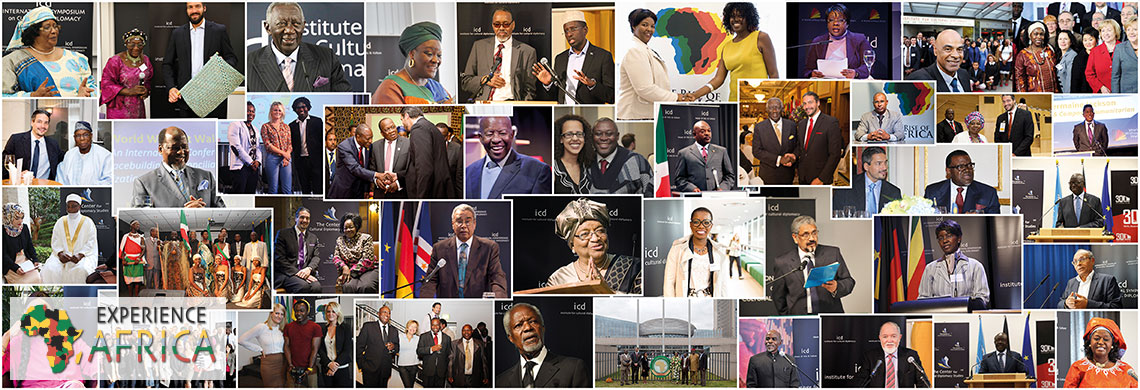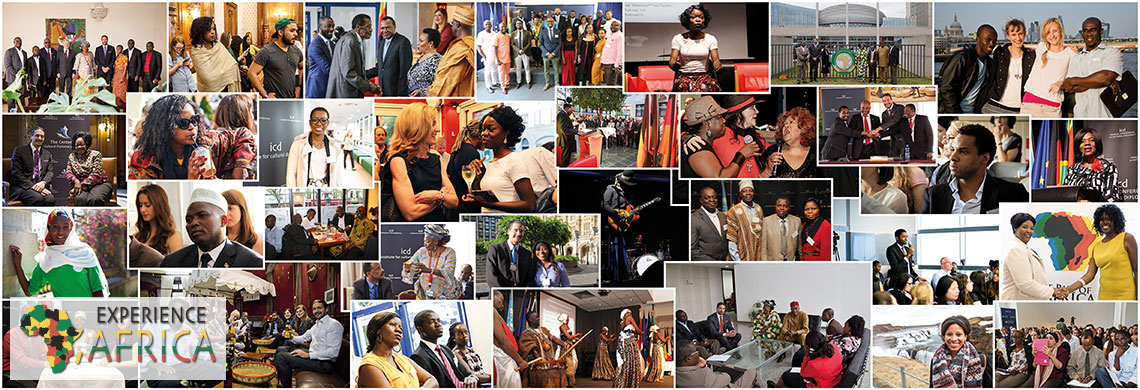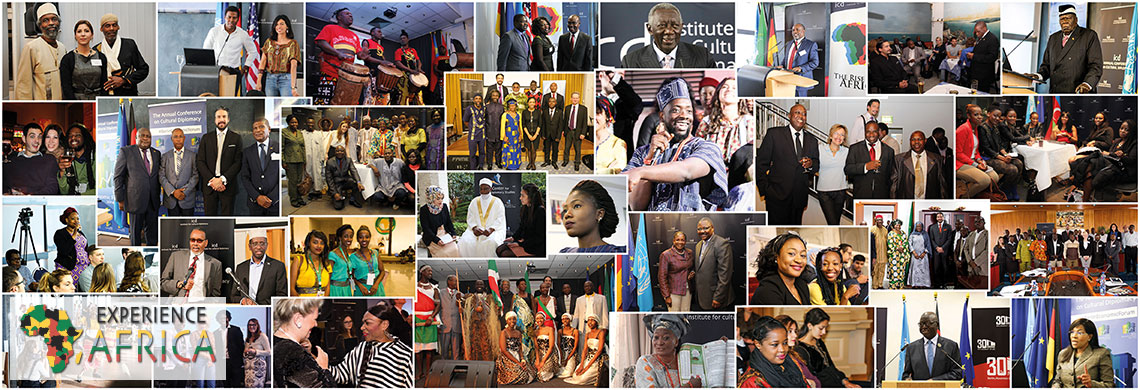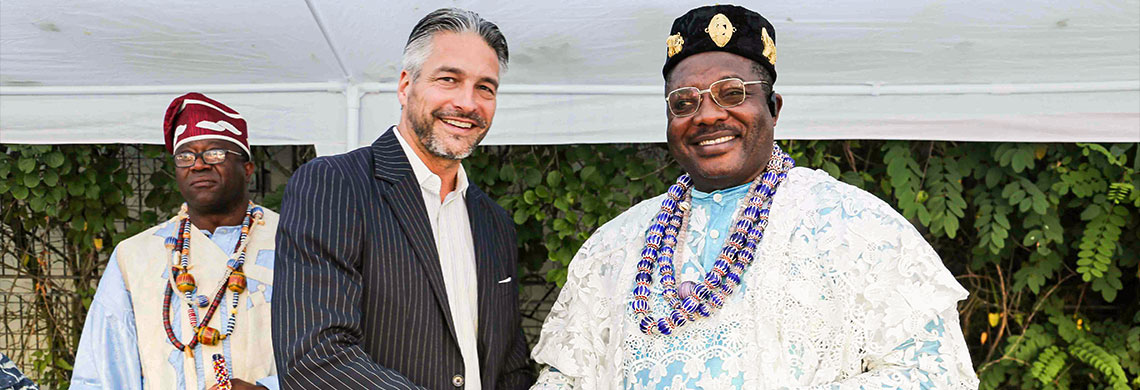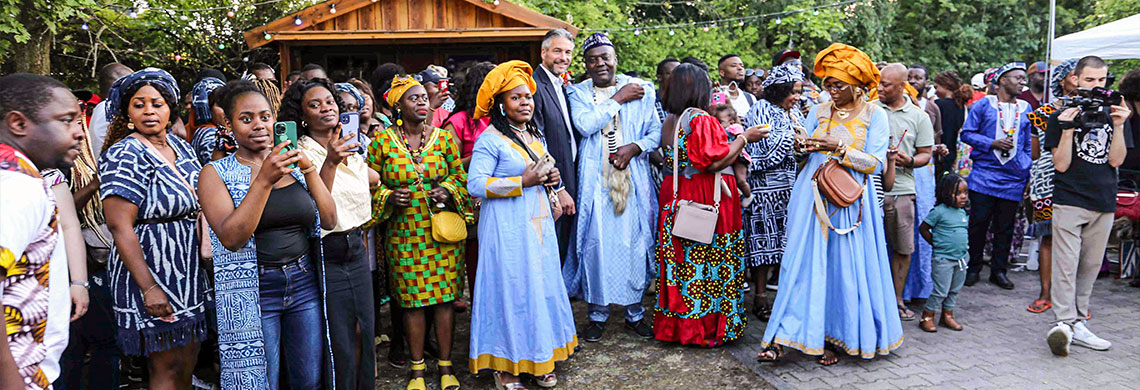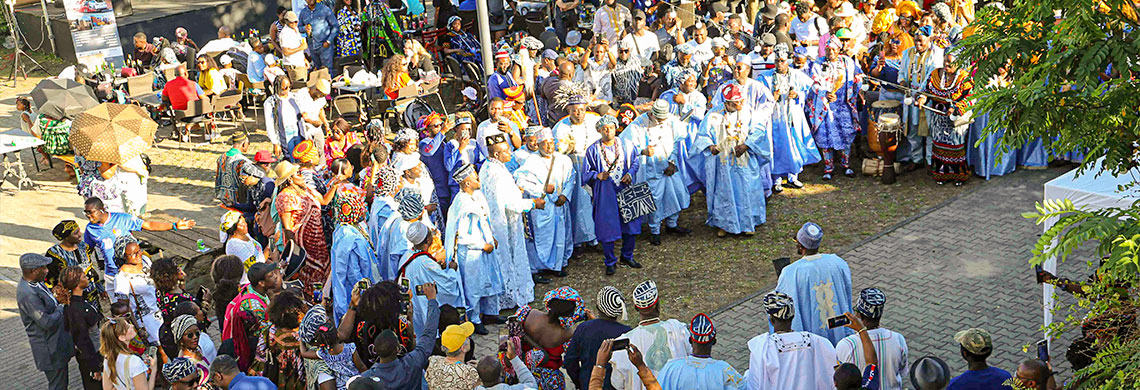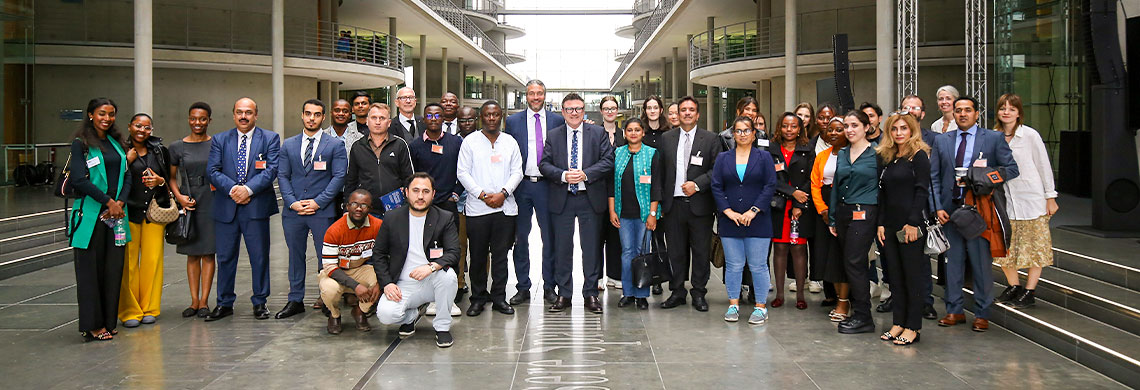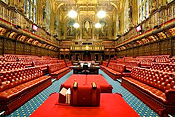The International Conference on the African Union & Cultural Diplomacy
"Cultural Diplomacy as a Vehicle of Global Governance: The Role of Cultural Diplomacy and Soft Power in the Future of the African Union"

Event Introduction
The African Union & Cultural Diplomacy Conference is the second of a series of four international conferences dedicated to enhancing awareness and understanding of international governing institutions The conference is organized by the ICD and other leading organizations.Since the Cold War , the global power axis has shifted significantly, from a bipolar world order into multiple poles of influence, rapid market liberalization and a considerable synergy of global interdependence. This shift in power relations has not been unproblematic, especially for those countries that have been sidelined from the international decision-making processes. The African Union (AU) is therefore a prominent example of the necessity of collaboration in order to protect and promote individual interests in the current international setting.
This conference will emphasize how cultural diplomacy can be used as an increasingly useful tool for building cooperation both regionally and globally, and explores avenues through which this new form of diplomacy can be used as a driving force to foster good governance, development and the promotion of human rights through the AU.
Conference Participants »
The conference is open to applications from governmental and diplomatic officials, civil society practitioners, young professionals, students and scholars, private sector representatives, journalists, and other interested stakeholders from across the world.If you would like to reserve a position, please click on the "Apply Now" link below:
Certificate of Attendance
All participants will be awarded an official certificate of attendance upon completion of the program, which provides details about the speakers and topics at the conference. Each certificate will be signed by members of the ICD's Advisory Board.Conference Locations
London, UK, the conference will be hosted at a number of important political, historic, and cultural locations across the city.Conference Speakers
Speakers during the conference will include leading figures and experts from civil society, international politics, academia, diplomacy, and the private sector from around the world. These speakers will include a number of individuals from the ICD Advisory Board (for further information about the Advisory Board, please click here).Participant Papers »
The Institute for Cultural Diplomacy encourages research and progressive thought on the fields of culture, globalization and international relations, and welcomes conference participants to submit relevant papers addressing topics within these fields particular to their interests and passions. Participants can submit papers written in the past for other purposes or ongoing research, or written specifically for the conference. Groups of students are also allowed to submit collaborative pieces of work.Congress Agenda »
The African Union & Cultural Diplomacy Conference 2011 will take place over a period of four days in London. In an increasingly interconnected and interdependent world, the most pressing challenges are ones that transcend national borders—climate change, human rights, global, terrorism, and development and national debt are thoroughly “global” problems that require collective solutions.As a result, states have established and are continuing to establish stronger partnerships, and international institutions like the AU have become more and more influential, even rivalling traditional state actors in efficacy. Despite this increased focus on global governance, however, the tool of cultural diplomacy has remained “under the radar”, and needs to be explored as an effective tool for strengthening multilateral relationships, within and outside the AU, and building new alliances to further “global causes” like development, human rights and good governance.

